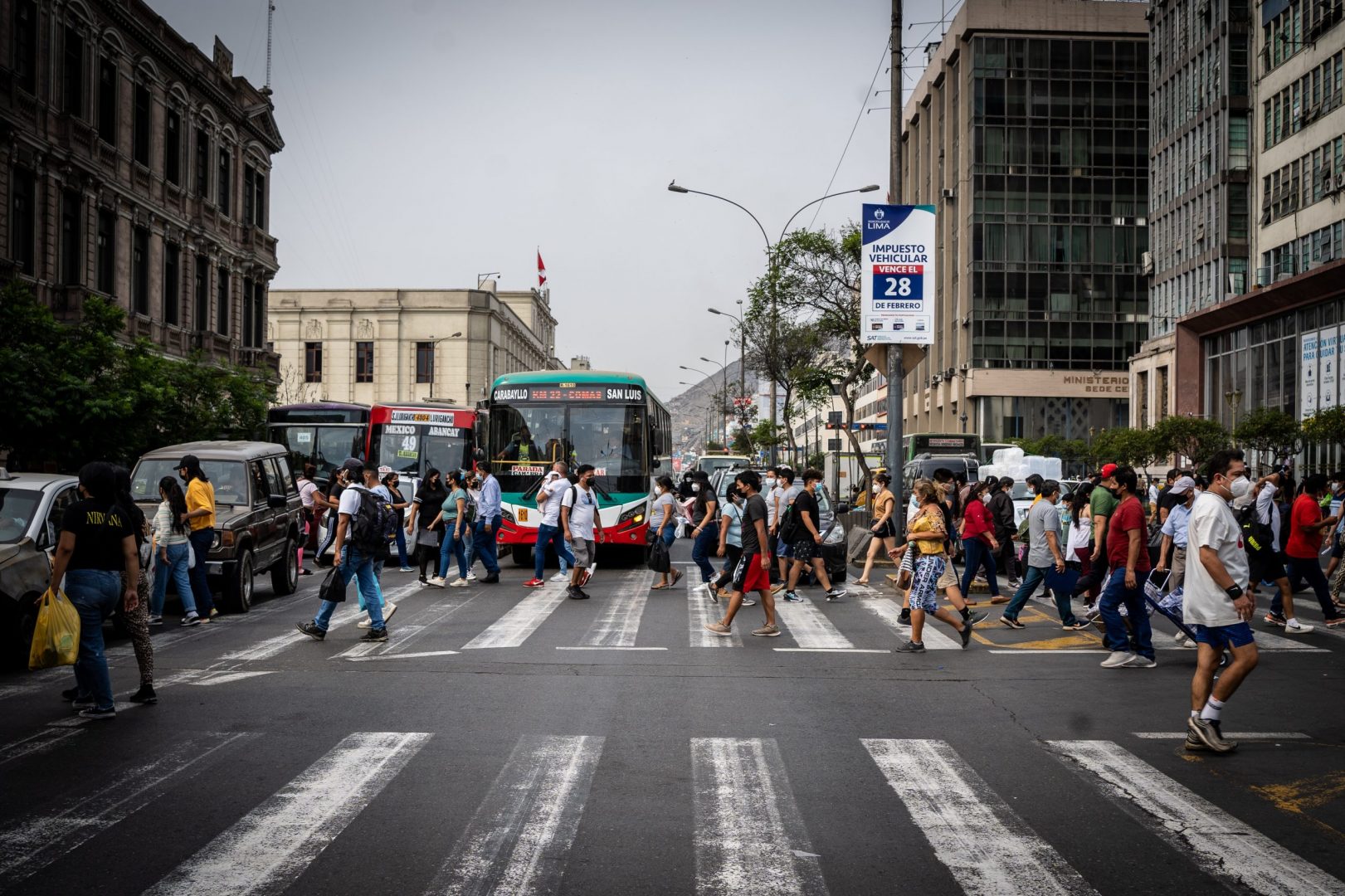
The Alliance’s new Strategic Plan 2024–2030 is guided by the vision of a world where “no one dies or is seriously injured as a result of a road crash.” The recent release of the Global Status Report on Road Safety 2023 shows that this vision remains far off.
The report reveals that despite ten countries having achieved a reduction of 50% in road deaths, 66 other countries have seen an increase. With 1.19 million people still dying on the world’s roads every year, it is imperative that we take immediate and effective action to prevent these tragedies from happening.
What do we do with the data of the latest Global Status Report? What is our role as civil society in stopping road crashes from taking so many lives?
The report highlights that more than half of fatalities are among pedestrians, cyclists, motorcyclists, and micro-mobility users. We cannot accept these at-risk groups are overlooked in planning, policy and infrastructure.
NGOs are essential to representing the realities that people face in their everyday journeys. The Global Status Report calls on civil society to “generate evidence and hold leaders to account.” NGOs are essential to making sure that the needs of these at-risk road users are heard and that their voices are included in decision making that affects them. Our new strategic plan guides how we, together with our 370 members, will achieve this for the remainder of the second Decade of Action for Road Safety (Decade of Action) through a strong network, advocacy and accountability, and capacity building.
The Accountability Toolkit is one of the ways that the Alliance supports NGOs to keep their governments accountable. It focuses on five Priority Interventions that have been proven to save lives: lower speed limits; 30 km/h zones where people walk, cycle, live, and play; pedestrian facilities, such as crossings and footpaths; traffic calming; and comprehensive helmet laws with enforcement and promotion. Through the Accountability Checklist, the toolkit offers a systematic way for NGOs to assess government progress toward the Decade of Action, complementing the country profiles in the Global Status Report.
During 2024, the Alliance plans to mobilize its NGOs to take their streets and collect data at intersections with Mobility Snapshots. This will make the global numbers that we read in the Global Status Report tangible and local, showing how failure to consider the needs of pedestrians limits is making our streets unsafe for those who use them.
We look forward to continuing working together to put our strategy into action to ensure a safer future for everyone, that leaves no one behind.